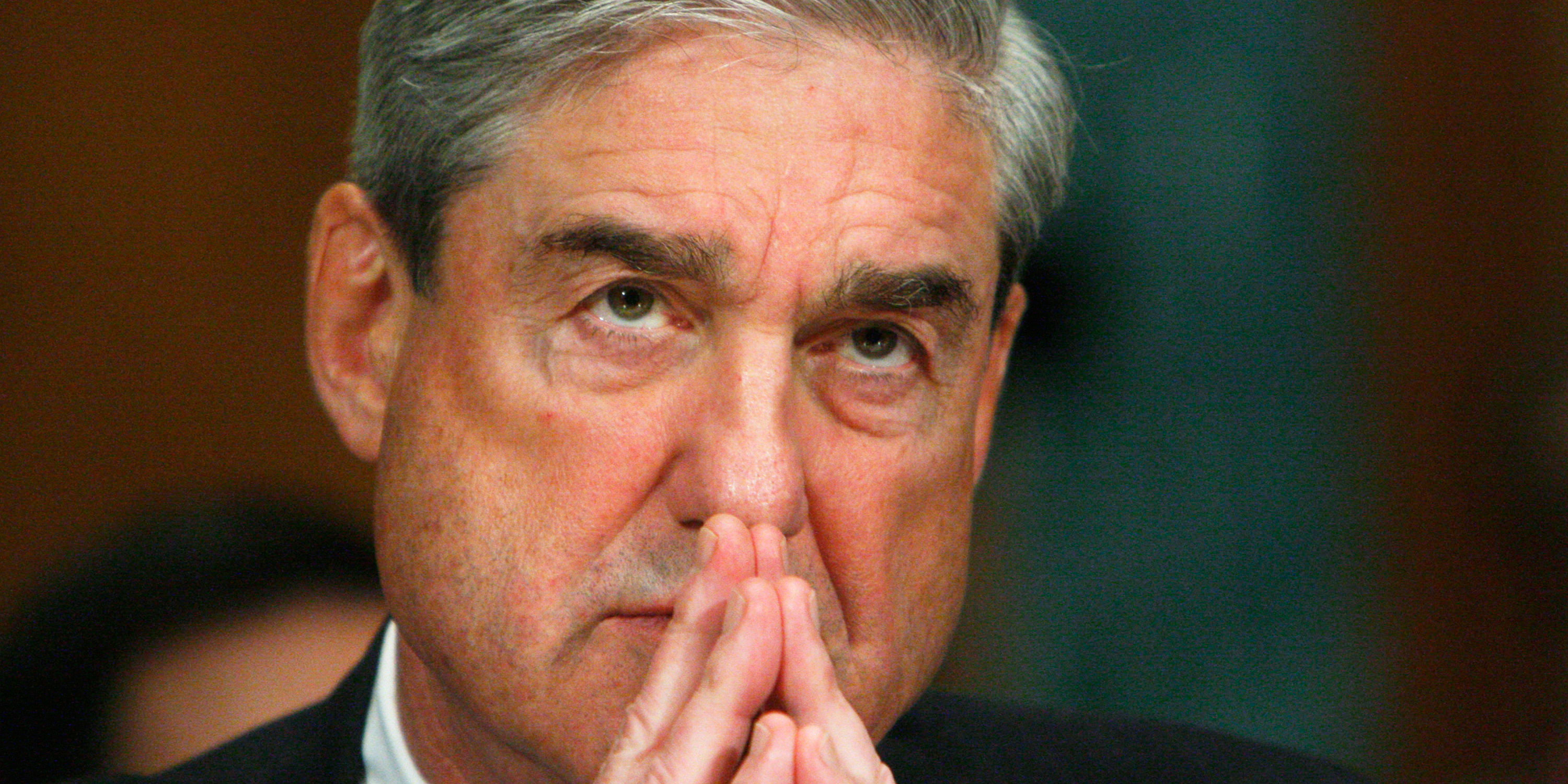- Some members of the special counsel Robert Mueller’s team reportedly view their findings as more damaging to President Donald Trump than Attorney General William Barr has indicated.
- According to The New York Times, Mueller’s team had put together several summaries of their final report, and they believe Barr should have included more information from their summaries in the four-page letter he sent to Congress laying out his “principal conclusions” of Mueller’s findings.
- Some investigators are also concerned that Barr’s review of the report has already shaped the public’s perception of the probe before the full report has been released.
- Barr is in the process of redacting certain types of sensitive information in the nearly 400-page document and said he plans to release it by mid-April.
- But House Democrats are moving to subpoena the Justice Department for a full, unredacted copy of the report, saying that they need all the information to appropriately conduct oversight of the executive branch.
Some of the investigators who worked with the special counsel Robert Mueller on the FBI’s Russia investigation believe their findings are more damaging to President Donald Trump than Attorney General William Barr has indicated, The New York Times reported on Wednesday.
According to The Times, some members of Mueller’s team have told associates that they are concerned Barr’s initial review of the report, which included his “principal conclusions” of Mueller’s findings, has already shaped the public’s perception of the probe before the final report has been released.
Mueller was tasked with investigating Russia’s interference in the 2016 US election, whether members of the Trump campaign conspired or coordinated with Moscow, and whether Trump obstructed justice in the investigation after then FBI Director James Comey publicly confirmed its existence in March 2017.
In his review of Mueller’s findings, Barr wrote that the special counsel did not find sufficient evidence to bring a conspiracy charge against Trump or anyone associated with his campaign. The attorney general added that investigators declined to make a “traditional prosecutorial judgment” on whether Trump obstructed justice and did not conclude – one way or another – whether the president committed an obstruction crime.
Investigators said that their final report did not "exonerate" the president. But Barr, in consultation with Deputy Attorney General Rod Rosenstein, concluded that there was not enough evidence to accuse Trump of obstruction.
Barr has told lawmakers that he will work quickly to release as much information as possible from the special counsel's final report. According to The Times, however, Mueller's investigators had already written multiple summaries of the report, and some of them believe Barr should have included more of their material in the initial four-page letter he sent to Congress laying out his principal conclusions.
But the Justice Department reportedly determined that the summaries Mueller's office put together contained sensitive information, including classified material, secret grand-jury testimony, and information related to ongoing federal investigations.
The Times' report is the first public indication of tension between the attorney general and the special counsel's office over the conclusions about the Russia investigation.
Barr recently told Senate Judiciary Committee Chairman Lindsey Graham and House Judiciary Committee Chairman Jerry Nadler that he is in the process of redacting certain types of information from the nearly 400-page report and intends to release the document by mid-April, if not sooner.
But House Democrats are moving to subpoena a full, unredacted copy of the report from the Justice Department.
"We have reason to suspect [the Trump administration's] motives," Nadler said in a statement on Wednesday before the House Judiciary Committee voted to authorize subpoenas for the report. "The Mueller report probably isn't the 'total exoneration' the President claims it to be. And, in any event, this Committee has a job to do. The Constitution charges Congress with holding the President accountable for alleged official misconduct."
"That job requires us to evaluate the evidence for ourselves - not the Attorney General's summary, not a substantially redacted synopsis, but the full report and the underlying evidence," the statement said.
Trump initially said he would support releasing Mueller's full report without redactions. But the president shifted gears in recent days, slamming Democrats and suggesting an unredacted version should not be released to Congress or the public.

